Los Amaicha
Published in Atlas Magazine (September Issue)
Located in the sweltering desert valleys of northern Argentina, Los Amaicha is the only winery in Latin America owned by an indigenous community. The winery is run by the indigenous Calchaquí people, which produce their wine from a 300-year-old criollo grape variety.
It’s also only the third indigenous winery in the world. Its existence has a particular significance in Argentina, a massive wine producer and a place where indigenous communities have historically been victimized and pushed out of the conversation.
Owned by 5,400 native inhabitants, the winery is also wedged in the Calchaquí Valleys of Tucumán, a place with deep historic roots, one of the best microclimates in the world and the most important pre-Inca ruins in the country.
Sebastian, winery manager and community leader, told me that the winery represents the pride of his grandparents and ancestors, who have been producing handmade wine in the back of their homes since generations ago. The winery means the opportunity to industrialize the process and bring this ancestral wine to the table of all Argentines.
For them the winery is more than just producing wine, it’s about honoring those roots and carrying on important indigenous traditions.
Published in Atlas Magazine (September Issue)
Located in the sweltering desert valleys of northern Argentina, Los Amaicha is the only winery in Latin America owned by an indigenous community. The winery is run by the indigenous Calchaquí people, which produce their wine from a 300-year-old criollo grape variety.
It’s also only the third indigenous winery in the world. Its existence has a particular significance in Argentina, a massive wine producer and a place where indigenous communities have historically been victimized and pushed out of the conversation.
Owned by 5,400 native inhabitants, the winery is also wedged in the Calchaquí Valleys of Tucumán, a place with deep historic roots, one of the best microclimates in the world and the most important pre-Inca ruins in the country.
Sebastian, winery manager and community leader, told me that the winery represents the pride of his grandparents and ancestors, who have been producing handmade wine in the back of their homes since generations ago. The winery means the opportunity to industrialize the process and bring this ancestral wine to the table of all Argentines.
For them the winery is more than just producing wine, it’s about honoring those roots and carrying on important indigenous traditions.








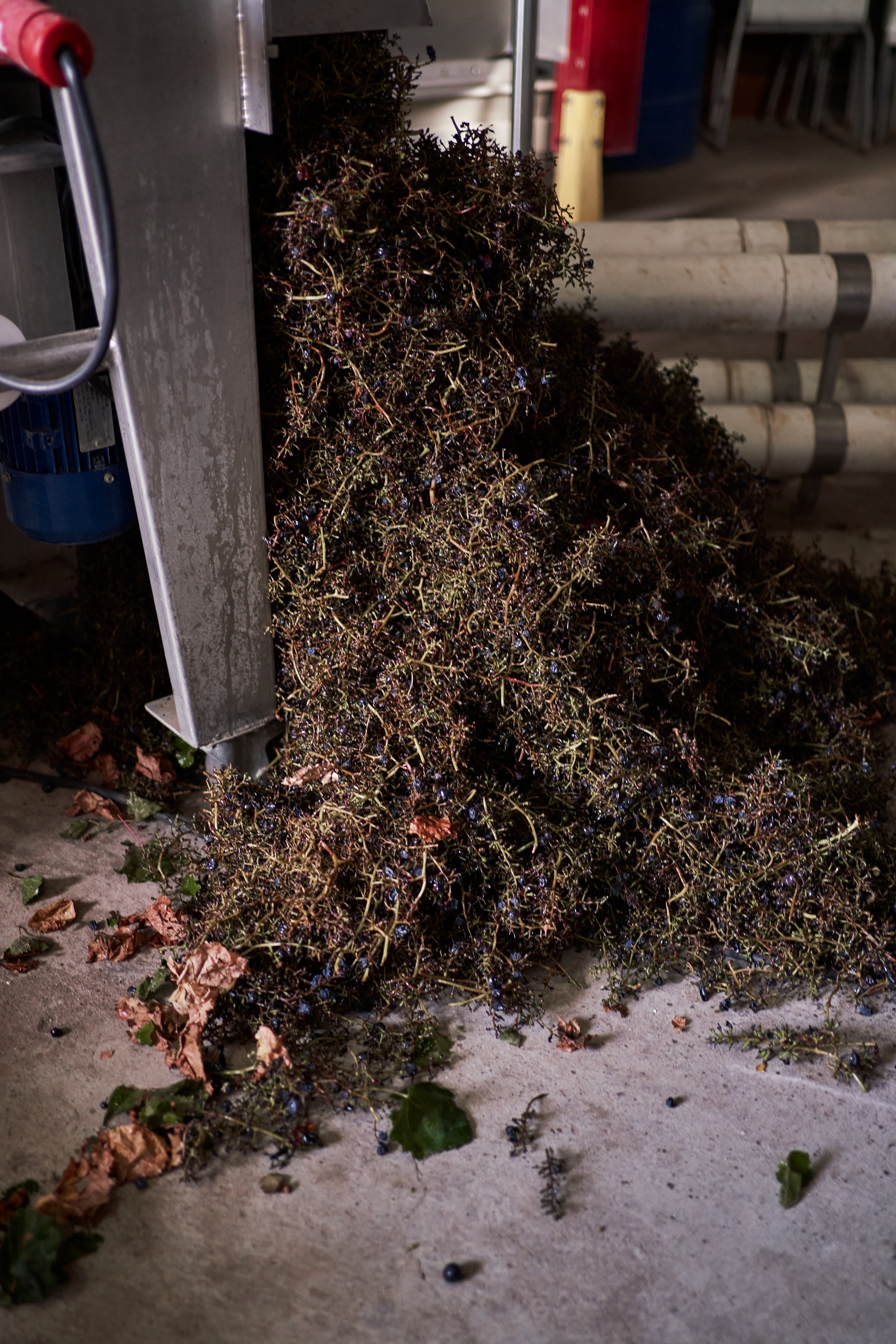
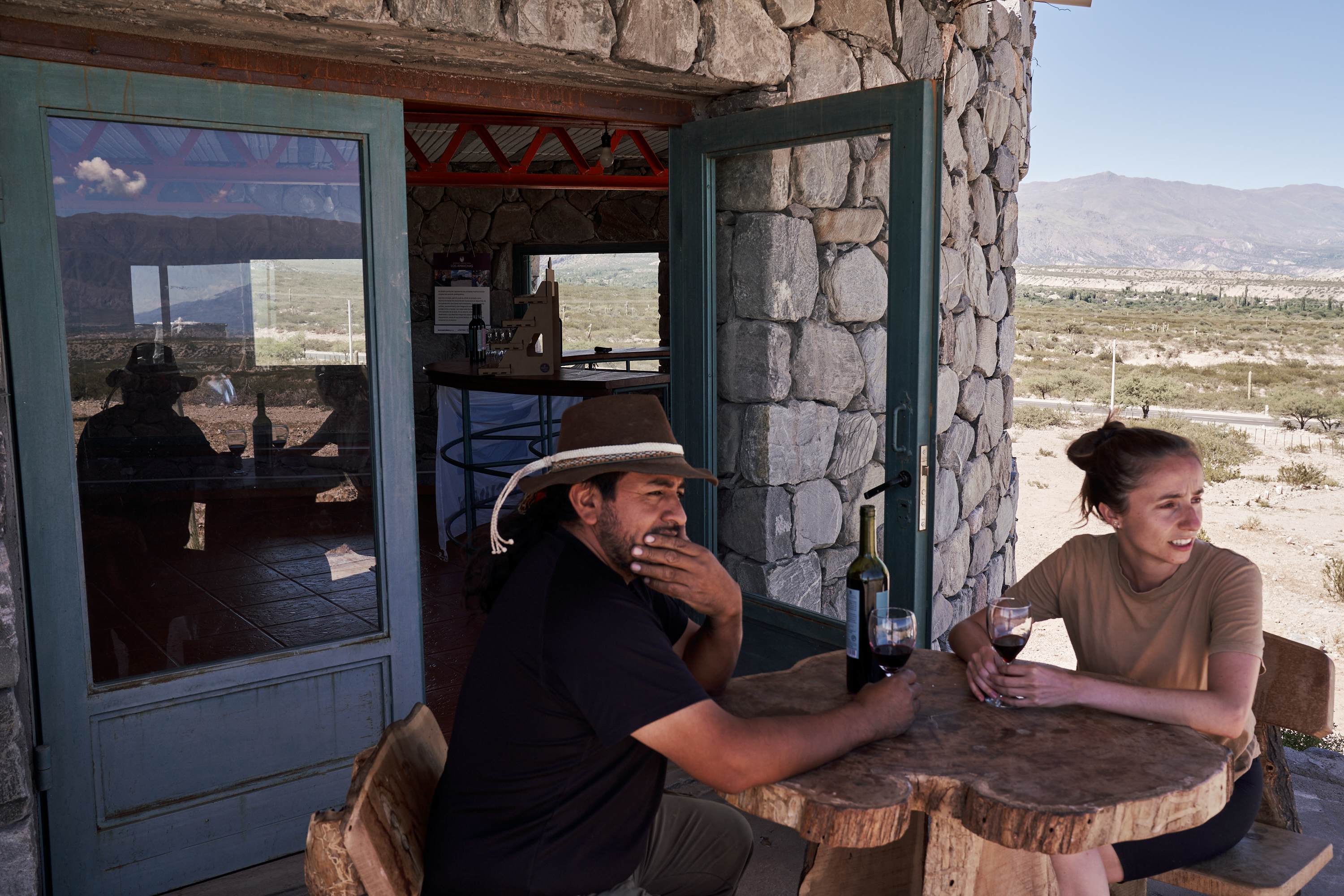



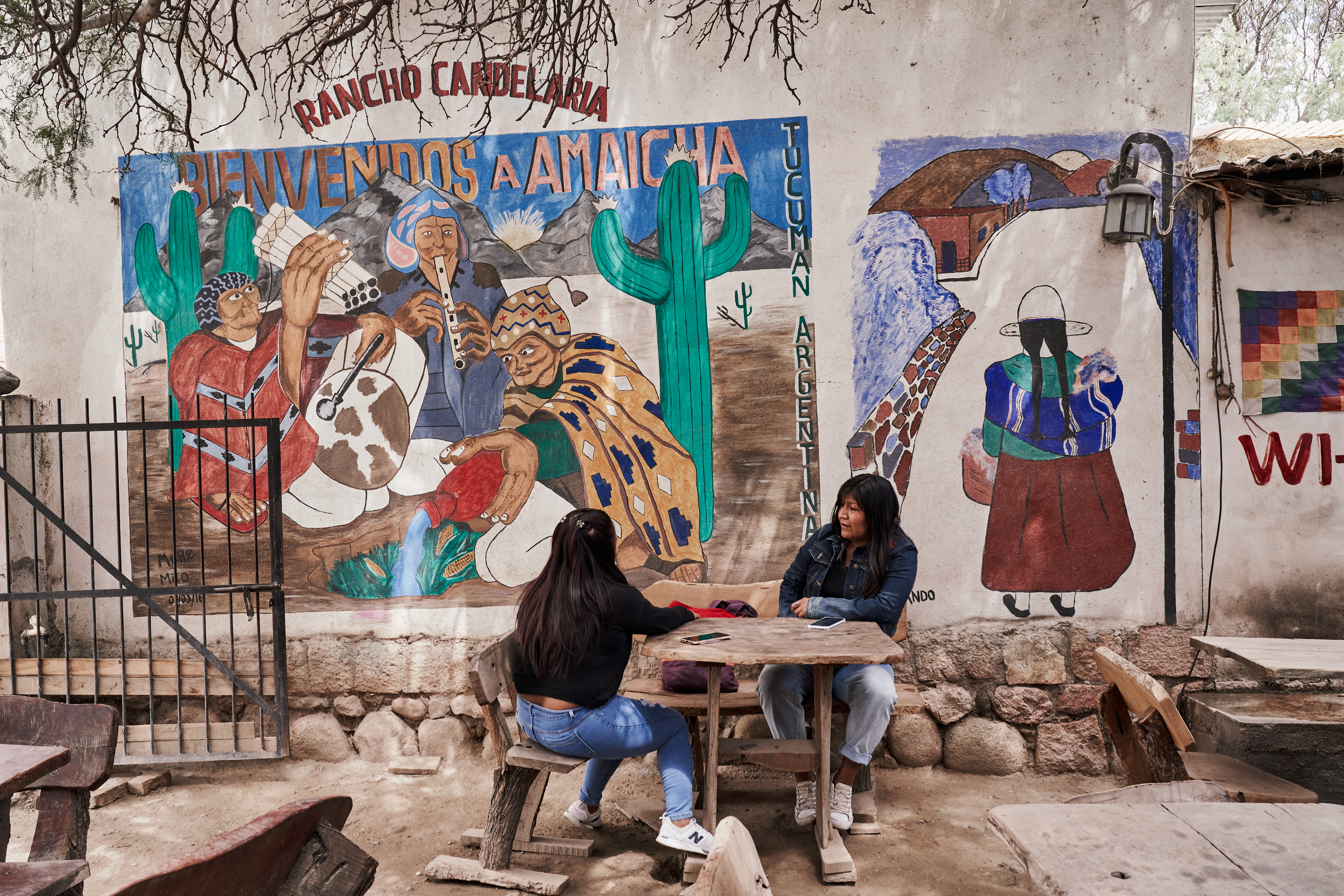


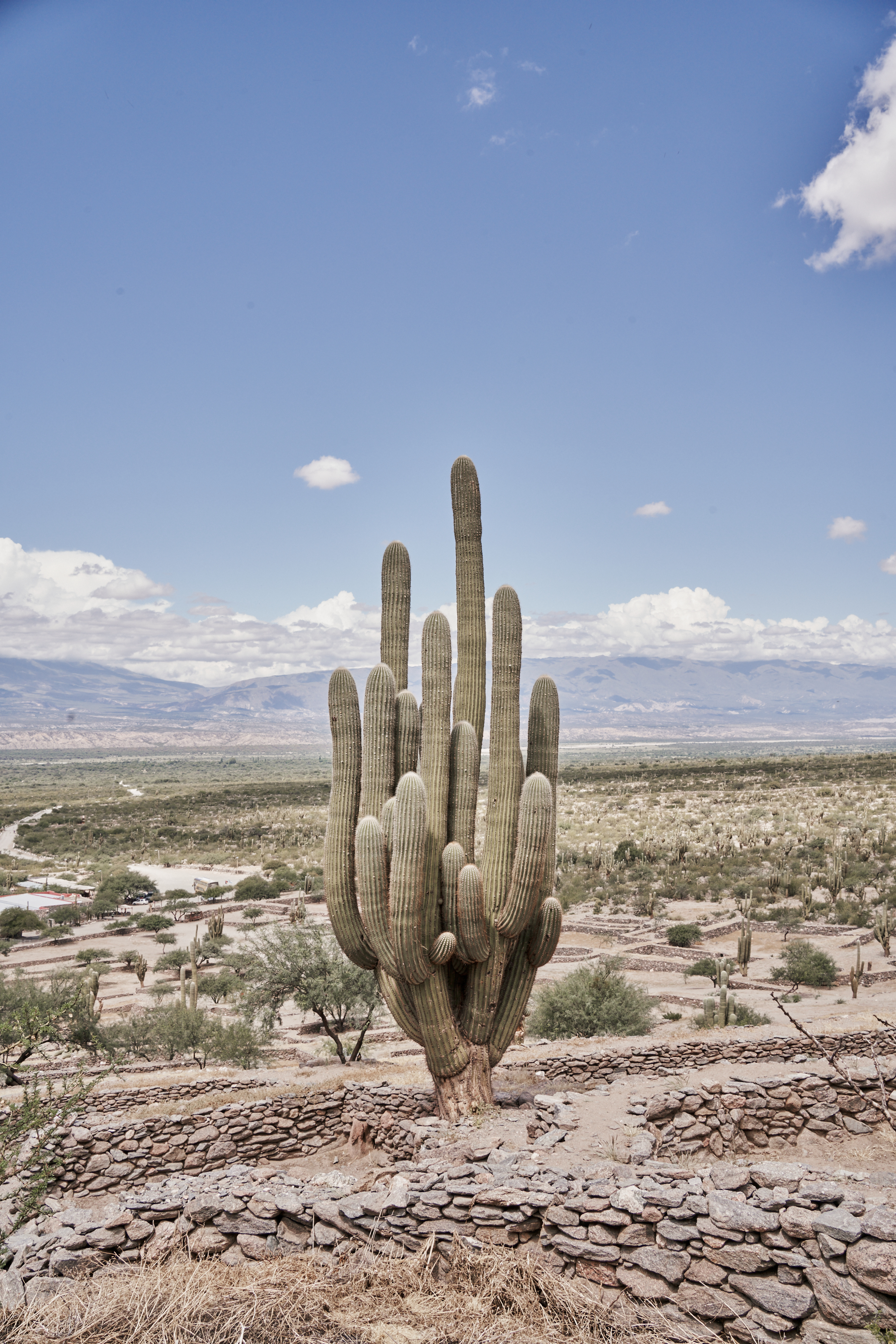
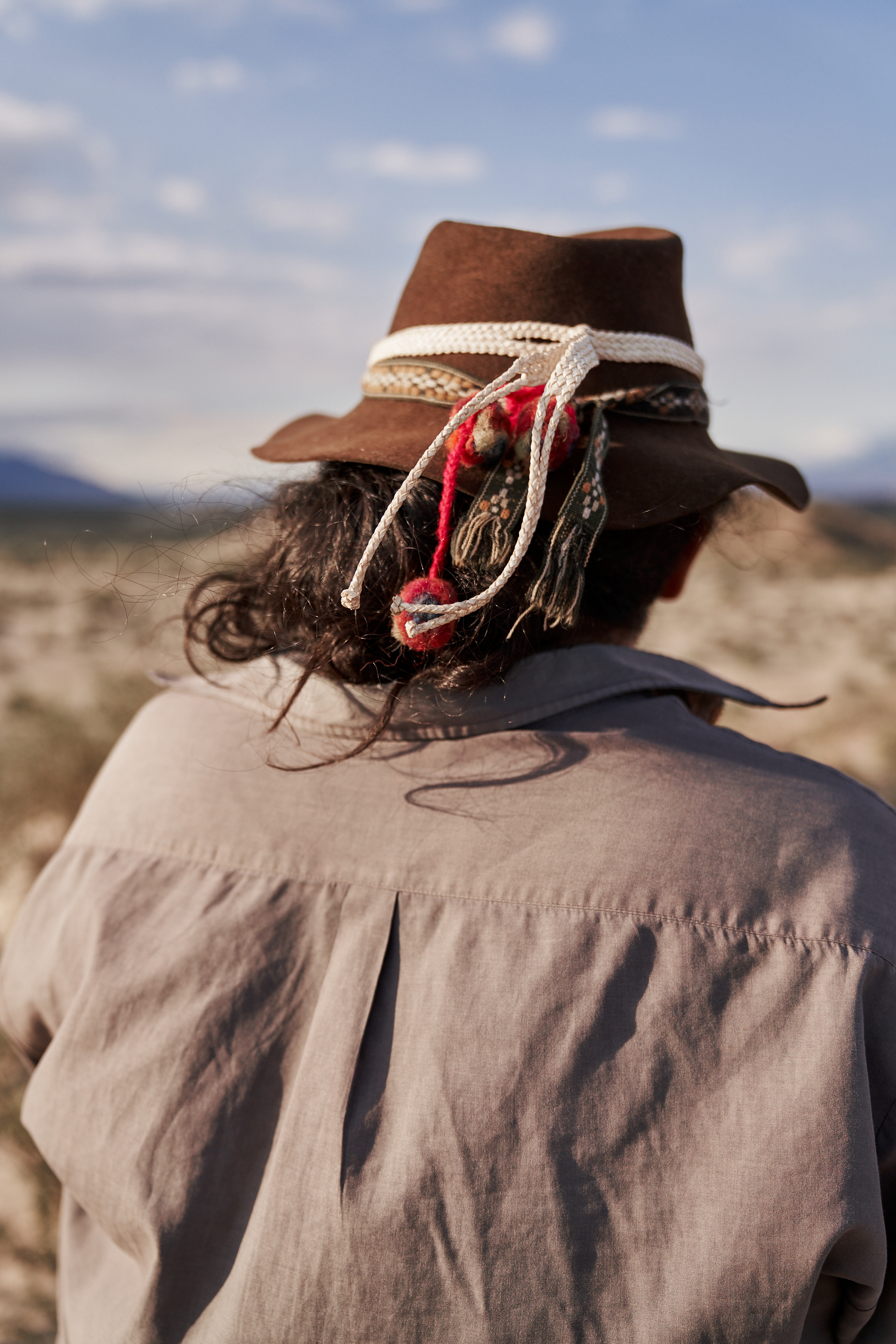
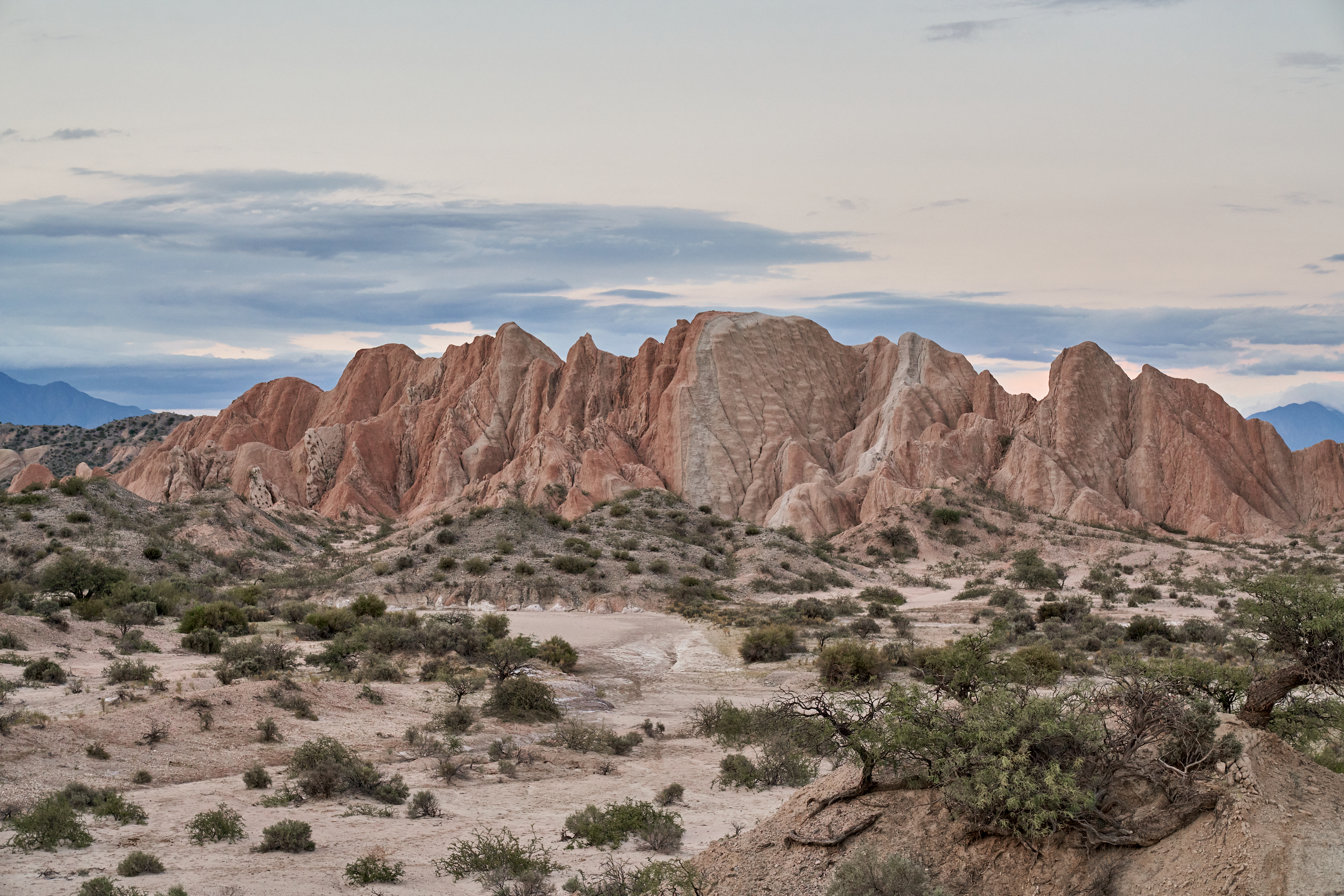
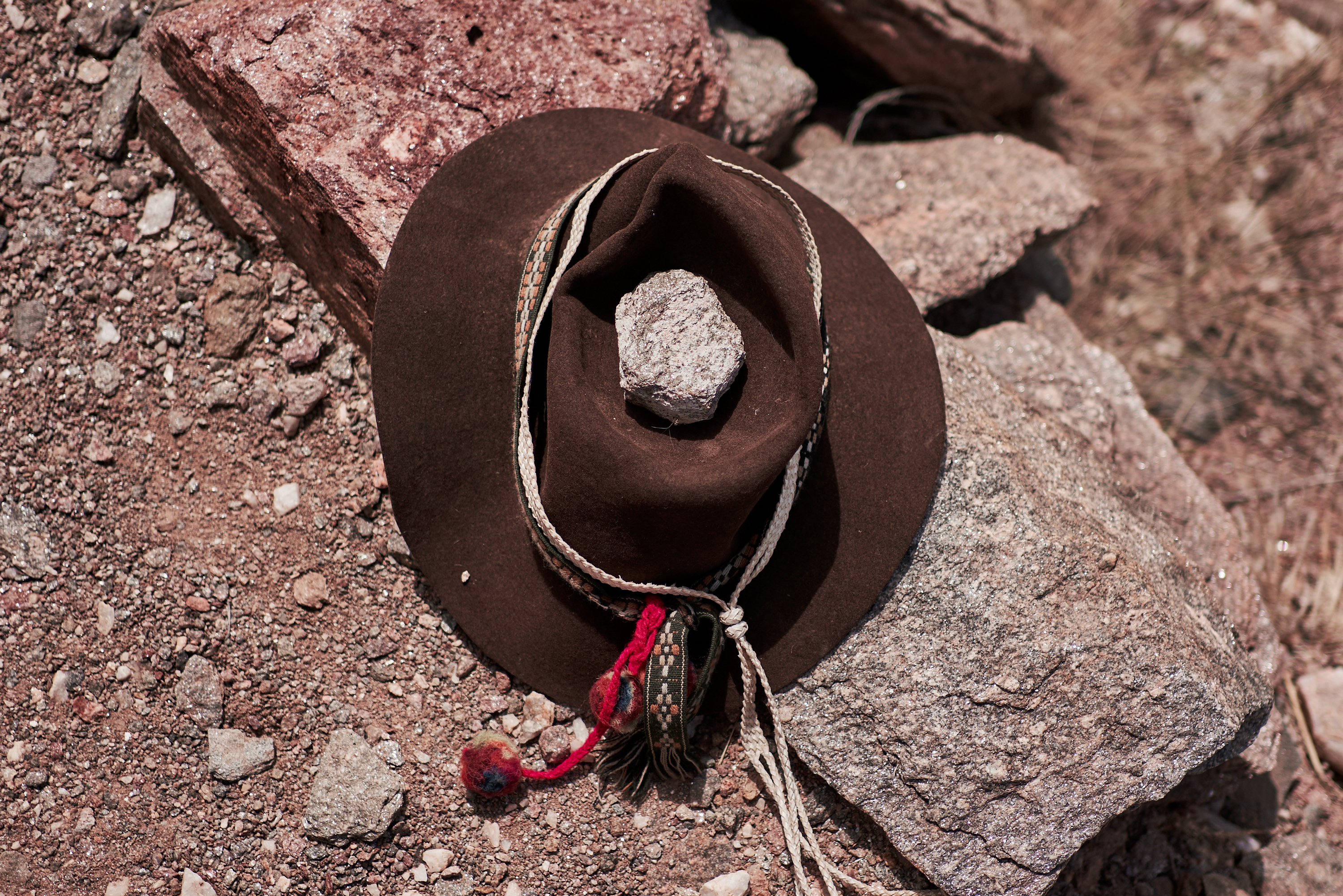
[spanish]